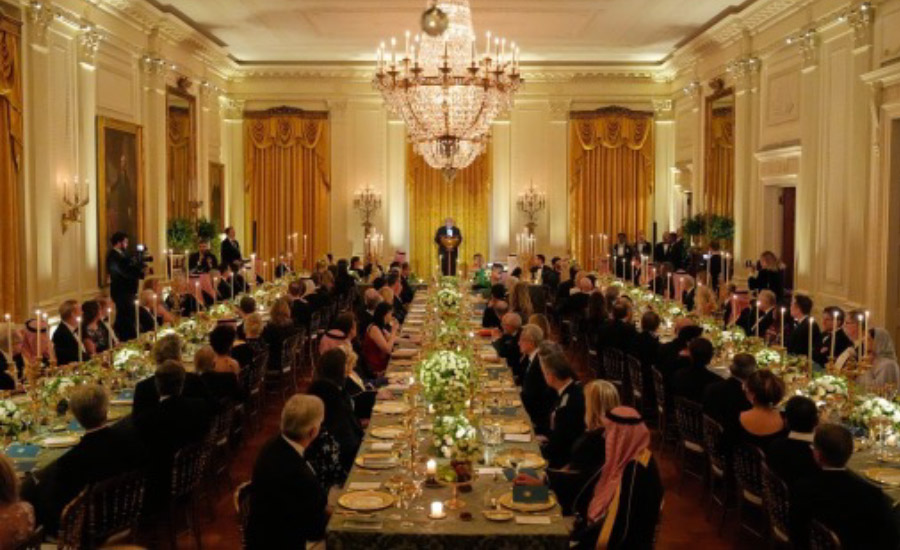Cristiano Ronaldo is a Portuguese professional soccer (football) player widely regarded as one of the greatest athletes of all time. Known for his extraordinary speed, skill and goal-scoring ability, he has won multiple Ballon d’Or awards and broken numerous records in European and international football. According to Forbes, Ronaldo made $275 million in the 12 months leading up to May 2025, putting him at #1 among the world’s highest-paid athletes. He also has more than 1 billion followers across his social media platforms, making him one of the most followed athletes globally. Beyond his on-field achievements, Ronaldo is a global icon, with immense influence in sports marketing, endorsements and popular culture, making him not only a top-tier athlete but also a powerful brand with a stature that extends far beyond football.

In the modern world, star athletes are no longer just athletes - they often function as soft-power assets, diplomatic symbols and even image-launderers for politicians.
Cristiano Ronaldo’s appearance at a White House state dinner last week offers a compelling case of how sports and geopolitics are increasingly intertwined.
No longer is an invitation to the White House simply an invitation, a moment of great honor. A refusal creep is growing, as the table below demonstrates:
Last week Cristiano Ronaldo attended a glitzy black-tie power dinner at the White House hosted by Donald Trump in honor of controversial Saudi Crown Prince Mohammed bin Salman.

His presence was publicly acknowledged during Trump’s remarks and, afterwards, Ronaldo posted a message of gratitude on social media, saying he stands “ready to do my part … to inspire new generations to build a future defined by courage, responsibility and lasting peace”.
This wasn’t just a celebrity hanging out with powerful people, like Apple’s Tim Cook, Elon Musk or Nvidia’s Jensen Huang. Ronaldo’s presence helped bolster Saudi Arabia’s long-recognized “sports diplomacy” strategy - sometimes criticized as sportswashing - and aligned with Trump’s gesture of framing Saudi investments in the U.S. as mutually beneficial. In other words, it was a carefully staged moment where sport, money and diplomacy converged. Even if they were briefly interrupted …
Whether that was his intent or not, Ronaldo’s role in this event sent a powerful signal: athletes are no longer just participants in games; they are symbolic actors on the geopolitical stage.
Ethical philosophers emphasize the danger to athlete autonomy, arguing that such political use “jeopardizes core values of sport” and undermines sport’s moral integrity. Brand and political experts celebrate athletes as powerful “influencers” whose trustworthiness and emotional reach make them ideal for strategic association and messaging.
Today it is clear that soft power is shifting, taking a much more prominent role in politics. As Ronaldo has clearly demonstrated, elite athletes have influence beyond their sport. When athletes associate with anyone in politics, they risk legitimizing them; on the other hand, by refusing such invitations, they are also sending a political message. Ultimately these moments create debates about morality, influence and the role of athletes beyond their professions.
Cristiano Ronaldo’s White House appearance wasn’t just a photo op – it was clearly a high-stakes intersection of sport, diplomacy and soft power. As states invest more in sports and athletes continue to build global brands, these kinds of moments will likely become more frequent - and more fraught. The question we should be asking isn’t just why they’re invited, but what role we expect them to play in the political theater.
What do you think?
Now that you’ve read today’s blog, why not take what you’ve learned and play today’s matching quiz on your Quizefy app? Many of the answers can be found right here. We publish an on-trend, hint-filled blog at www.quizefy.com every Tuesday, along with a matching quiz in your Quizefy app. We think they’re a great combination and a great way to Strut Your Smart.

